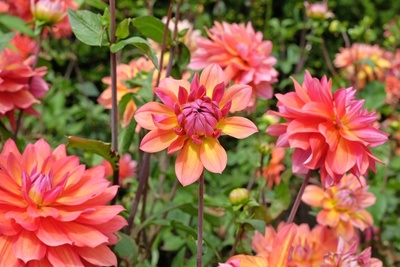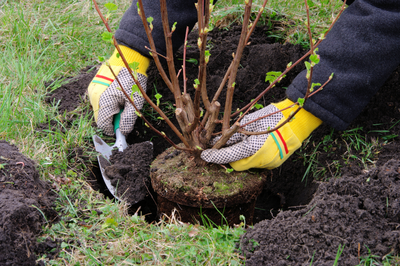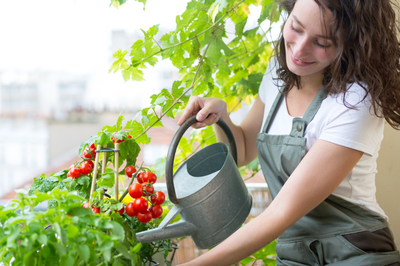
This article will focus on winter gardening. Winter gardening is about more than just your vegetable garden - it's about planting flowers, trees, shrubs and groundcovers too. Winter is a great time to plant these items if the ground isn't frozen. If you haven't planned ahead for winter to get your garden ready, we're happy to help you out! We have some tips for how to have a successful winter garden.
Know what to plant
Winter is the perfect time to plant trees, shrubs, and groundcovers. These types of plants will come back in the spring with plenty of fresh foliage. When you're thinking about what to plant this winter, keep in mind your region's particular climate. You need to find out if your region is warm enough for growing some vegetables during the winter months. If it is, make sure not to forget about them! What are some vegetables that do well in less than optimal weather conditions? Examples include kale, broccoli, cabbage, cauliflower, leeks, green beans and spinach. Before you think about planting trees or other types of plants this winter season, check on the availability of space. Trees need lots of space to grow so they can't be planted too close together.
Choose the right location
Winter is not usually a time when we think about planting. But if you're looking to add some variety to your garden, winter actually is the perfect time! When choosing where to plant during winter, remember that it's better to be aware of your environment and what plants will do well there. For example, if you live in a wet and humid climate, plants like ivy and hostas will require more water than plants that thrive in dry environments. So before you plant anything this winter, think about the type of growing season you have and what plants will prosper in it. You can always ask us for advice on what plants will thrive in your specific area.
Know what plants need for winter
Before you plant anything, it's important to know what plants need for winter. Here are a few things to consider:
- Soil type: Planting in containers or raised beds with good drainage will allow water and fertilizer to reach the roots more easily
- Exposure: Colder temps can cause plants to become stressed and put on their winter coats. If your plant is exposed to the sun all day, it might not need as much protection from the cold
- Deadheading: Deadheading your plants in fall or early spring (while the ground is still moist) helps extend the flowering period and helps prevent disease
- Fertilizing: Applying a slow release fertilizer will ensure that your plants will get all the nutrients they need throughout the winter months. You may also want to apply mulch, which provides insulation and keeps soil temperatures even throughout winter
- Protective coverings: Covering plants with straw or pine needles will help insulate them from harsh winds and frosty temps
Mulch and fertilize
Winter is not the time to starve your garden. Mulch and fertilize your garden every few weeks to keep it healthy.




